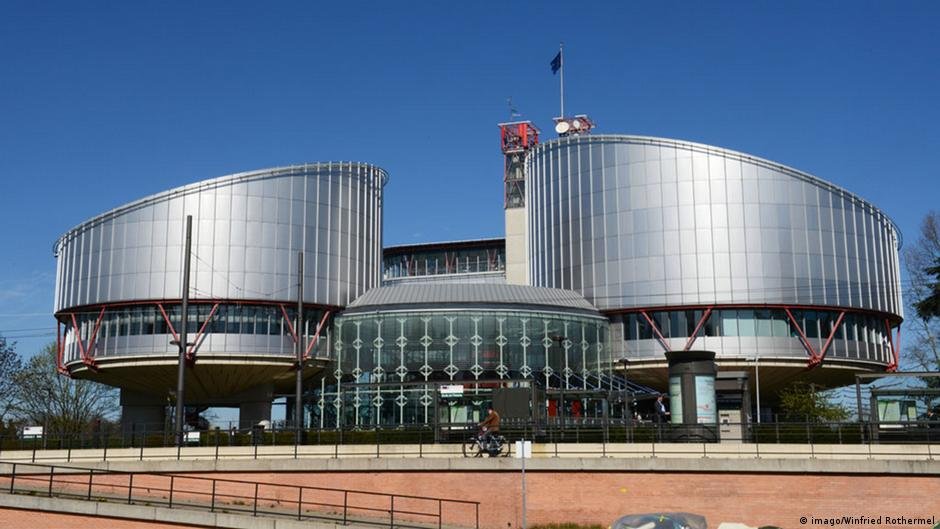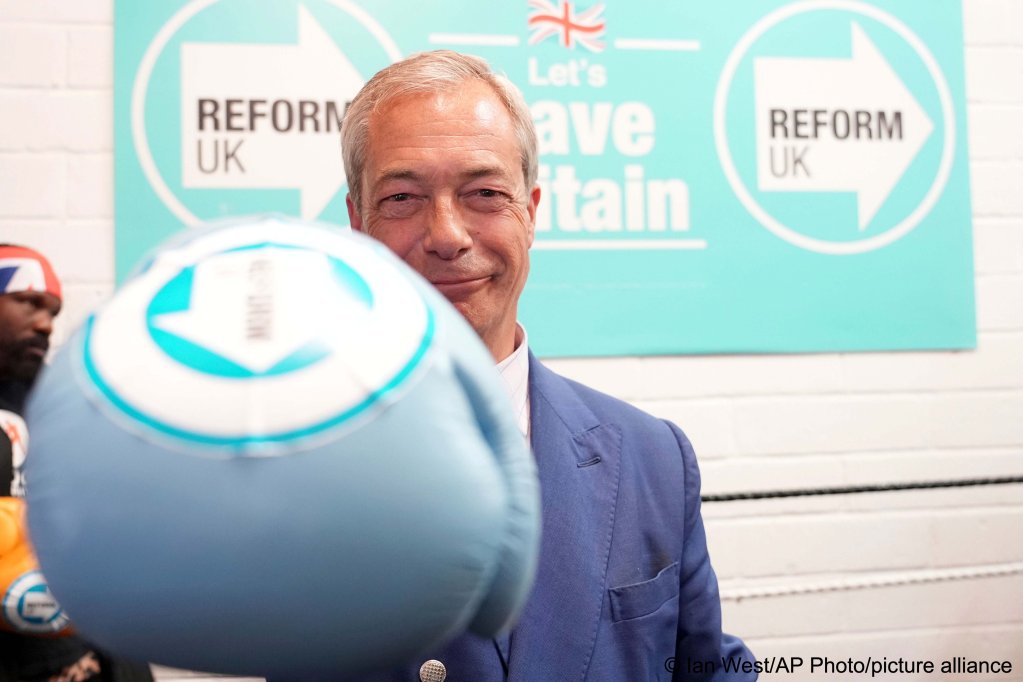The British government has called for reforms of the European Convention on Human Rights, to which it is a signatory, in order to help it manage migration more effectively.
On Wednesday (June 18), the British government, which is under growing pressure to demonstrate its ability to effectively manage immigration and arrivals, called for a reform of the European Convention on Human Rights.
The call echoes that of some members of the right wing of the Conservative Party when it was in government.
Those who push for reform believe that the convention is allowing European courts to "meddle" in British policy areas, such as immigration and deportation rulings, and change the outcome of laws and policies made in parliament and enacted in British courts. Moreover, they believe the convention is sometimes interpreted in ways that block the deportation of migrants, including individuals convicted of serious crimes, reported Reuters.
Effectively, critics of the convention believe that Britain should regain its sovereignty over its own policies without the need to bow to a higher jurisdiction, which being a signatory to the convention inevitably implies.
Under the previous government, Britain’s current Prime Minister Keir Starmer, himself a lawyer and former attorney general, expressed criticism of those who called for abandoning the convention, which is more than 70 years old.
However, under pressure from the opposition parties, many of whom espouse right-wing positions, Starmer’s government thinks that the convention should at least be reformed to reflect changing political realities. Their calls are echoed by at least nine other European countries too, including Italy and Denmark.

Calls for reform growing
Shabana Mahmood, Britain’s Minister of Justice said in her speech to the Committee of Ministers, the decision-making arm of the Council of Europe when she spoke there on June 18 in Strasbourg that although the convention was there to protect human rights and political freedoms in Europe, it must "evolve" to reflect changing political realities.
"It damages the public perception of human rights altogether," Mahmood added that "across the continent, trust is being tested. Rules are increasingly being broken and undermined."
Even though Britain has left the European Union, it has remained a member of the Council of Europe and the European Court of Human Rights (ECHR), which enforces the convention through its binding rulings to all those signatory to the convention.
The Labour government says it will issue clarification shortly to British judges about how they should interpret the convention, but Mahmood and the government she represents are clear: "the European Convention on Human Rights is one of the great achievements of post-war politics. It has endured because it has evolved. Now, it must do so again."
Reform should 'strengthen rights' and the rule of law
Mahmood said that her government wanted to use the convention "not to weaken rights, but to update and strengthen them." This is not a retreat from principle, she said, "it is the very essence of the rule of law."
Britain’s justice secretary pointed out that "across Europe, public confidence in the rule of law is fraying." She said that there was a "growing perception -- sometimes mistaken, sometimes grounded in reality -- that human rights are no longer a shield for the vulnerable, but a tool for criminals to avoid responsibility."

Among some of the threats to liberty and justice minister Mahmood listed in her speech were "uncontrolled migration, or legal systems that drift away from public consent." She added that "when the application of rights begins to feel out of step with common sense -- when it conflicts with fairness or disrupts legitimate government action -- trust begins to erode."
Mahmood said that she believes that if "a foreign national commits a serious crime, they should expect to be removed from the country." However, she said that in some cases, individuals who may have committed crimes were using the convention to invoke the right to family life -- "even after neglecting or harming those very family ties."
In May, Italy and Denmark spearheaded demands to get the European Council to ease the process of expelling foreign criminals. Denmark, which already pursues some of the toughest migration policies in Europe, has also said that it will use its time holding the revolving European Union Presidency, starting on July 1, as a period when it will seek to push forward on toughening migration policy in Europe.
'Not a critique of the ECHR'
Mahmood concluded by saying that she didn’t want this to be a critique of the Court of Human Rights (ECHR) and that she fully supported the court and their role in interpreting and applying the convention. However, she underlined that “when legal outcomes feel disconnected from public reasonableness, it is our job to respond.”
Britain’s justice secretary said that there was a danger if the government left the courts to protect the conventions on their own and said she believed "reform must be a shared political endeavor, among us as member states -- to preserve our Convention by renewing its moral and democratic foundation."
However, the leader of the Council of Europe, Secretary General Alain Berset, underlined towards the end of May that he believes the court shouldn't be weaponized, "neither against governments, nor by them."
Leaving the convention?
Britain’s Labour government has underlined that it is not intending to leave the European Convention, but just wants reform.
However, the Reform party, which is currently topping opinion polls in Britain and did some damage to both Labour and the Conservatives in local elections at the beginning of May, has declared that if it were ever to gain power, it would leave the convention immediately.

The Conservative party has declined to say whether it would leave or not if it returned to power, but told Reuters it was "reviewing its policy on Britain’s continued membership."
Ahead of Mahmood’s speech, on June 15, the Chief Executive of Britain’s Refugee Council, Enver Solomon, wrote in a letter to the Sunday Times that he believed that if Britain were to ever try and quit the European Convention on Human Rights, it would cause "chaos."
Solomon wrote that "arrivals on small boats would not stop but go underground, ripe for exploitation as they would no longer have an incentive to engage with the authorities. Rather than smashing the gangs, we would be supercharging them." Solomon concluded that in his opinion, "we need to continue to improve asylum decision making, end the use of hotels and cooperate more with international partners. We should fix the system, not dismantle its foundation."
With Reuters
